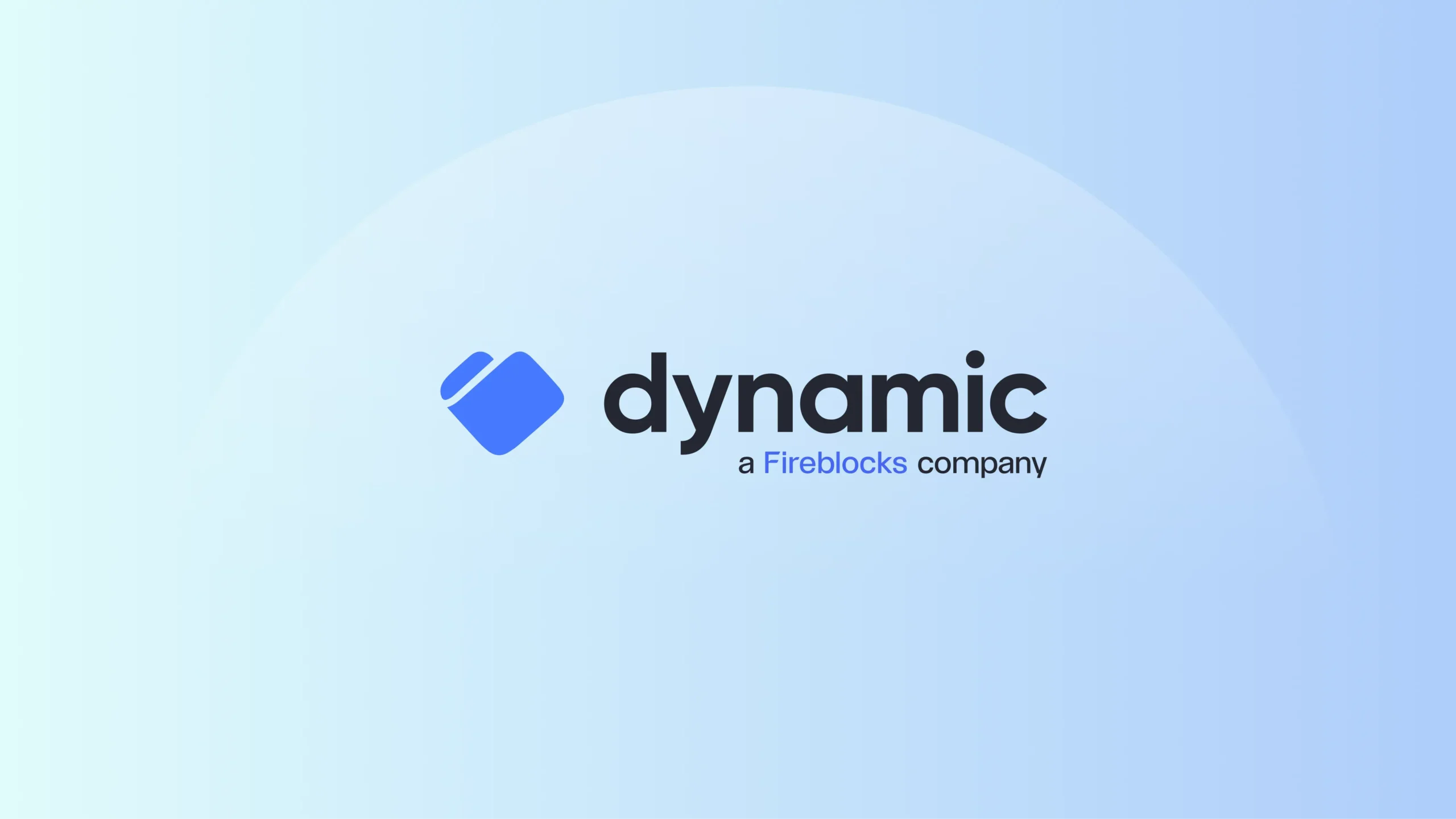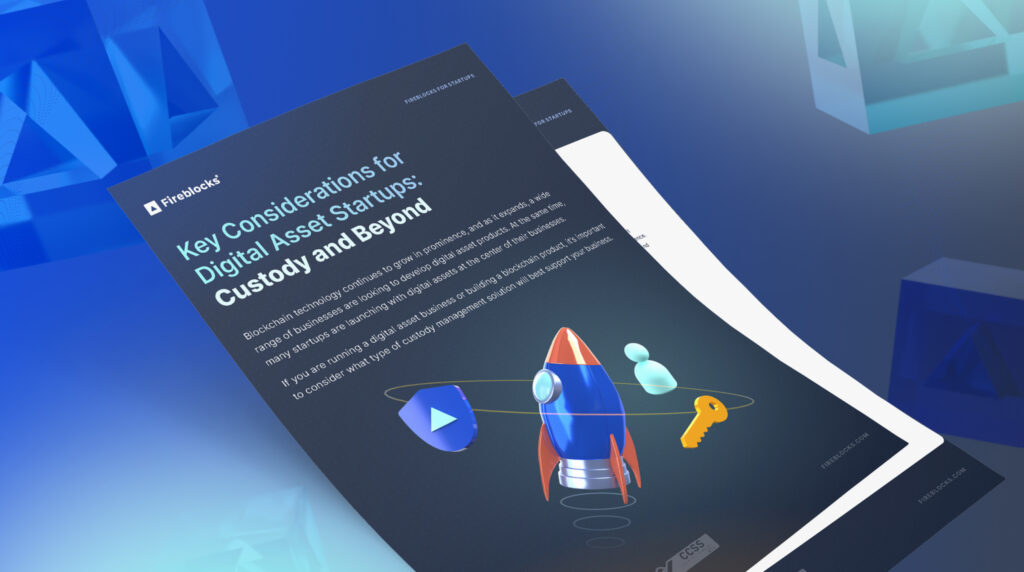Blockchain technology continues to grow in prominence, and as it expands, a wide range of businesses are looking to develop digital asset products. At the same time, many startups are launching with digital assets at the center of their businesses.
If you are running a digital asset business or building a blockchain product, it’s important to consider what type of custody management solution will best support your business.
Building for simplicity, security, and speed
Some general considerations to take into account when choosing the right custody solution for your blockchain-based projects include:
Brand Trust
It’s important to work with a custodian or custody technology provider that you can rely on. Your investors are banking on your ability to ensure integrity, minimize risk, and ensure that funding you receive is used in the way it was intended. Any wallet infrastructure provider you work with needs to instill trust and increase investor confidence. You also need to have confidence that you’ve chosen a partner that will be there for years to come. We recommend working with a provider that has a long history of providing battle-tested infrastructure within the industry.
Blockchain and token selection
Are you focusing on building on or utilizing a specific blockchain, or will you be more blockchain agnostic? Keep in mind that as the world moves towards more blockchain interoperability, you will likely need wallet infrastructure that can support near-term and future use cases, chains, and tokens. Whatever you decide, it’s best to work with an infrastructure provider who gives you access to as many options as possible.
Governance policies and risk reduction
Security in crypto and digital assets is not just about protecting from external threats, but internal ones as well. We recommend developing transaction authorization rules that are customizable to your business to secure operations from bad actors (whether they’re external hackers or internal colluders) and ensure continuity.
Compliance
As you build, make sure you’re able to implement the right infrastructure to comply with AML, KYT, and Travel Rules regulatory requirements for any jurisdictions you plan to operate in (and beyond, as you look to grow). While compliance needs will vary depending on your use case, a tech provider that can give you the flexibility to support any regulatory requirements can help future-proof your business.
Future Proof
Even when you’re building for “today,” don’t forget to keep future plans in mind. This means that you need a flexible and modular platform that can support any product – from blockchain-based payments to tokenization and beyond. It should also ease the technical burden of multiple integrations, with seamless connectivity to the ecosystem partners that will enable you to build the products you want.
Building for your customers
From our experience of serving hundreds of startups, there are 3 main ways to set up a custody solution that supports your business. Let’s dig into each of these use cases, and outline certain considerations that come into play with these specific use cases.
Treasury Management
In this case, you’re managing your company’s digital assets – this can also include startups who are trading digital assets, because ultimately that requires digital asset treasury management. Top considerations here include:
- Automation. Resources are always limited. A good infrastructure provider will give you the tools to eliminate manual operations so that your team spends less time on repetitive tasks, and can easily configure rules without tech resources so that more time is spent on growing your business.
- Accurate reporting and reconciliation. You will want to be able to track and audit all digital asset transfers (both inbound and outbound), as well as ensure that you can sync up to your legacy reporting systems to ensure fast and easy reconciliation.
Direct Custody Wallets-as-a-Service
In this instance, you’re a retail business that needs to custody your customers’ assets. Here’s what you need to consider:
- Scale. Today, you’re launching your first digital asset solution. You’ll want to expand your business quickly–- that can mean growing to serve new geographies, supporting more blockchains, or launching new solutions. Make sure that you work on a platform that you know that you can leverage for whatever is next; you don’t want to have to worry about replatforming as you expand into new solutions.
- Flexible deployment. Businesses that are self-custodians need to make decisions between providing segregated MPC wallets or an omnibus structure to save on transaction fees, as well as between hosting key shares across multiple servers in data centers or cloud environments. By choosing a solution platform that supports different structures, you can reduce time spent on finding additional vendors.
Embedded Wallets
Here, you’re embedding wallets into your retail application. You should consider:
- Web3 Access. If you’re a business that needs embedded wallets, you’re likely building something that will enable your customers to interact with native Web3 technologies, such as NFTs and smart contracts. It’s important to find a partner that can help you connect your customers from their wallet directly to dApps and safeguard the user experience.
- End User Experience. Seed phrases and long passwords can mean that the end user is often fearful of completely losing access to their digital assets. Removing this single point of failure by choosing how your customers can back up and recover their key shares (think social logins, cloud services, or a local backup) while maintaining user trust will drive a significant improvement in user experience.
There are many considerations for developing and launching a blockchain-based payments solution. As speed to market, flexibility and control are critical to ensuring success, you will want to utilize partners that integrate directly into your existing tech & product stack and operations workflows.


